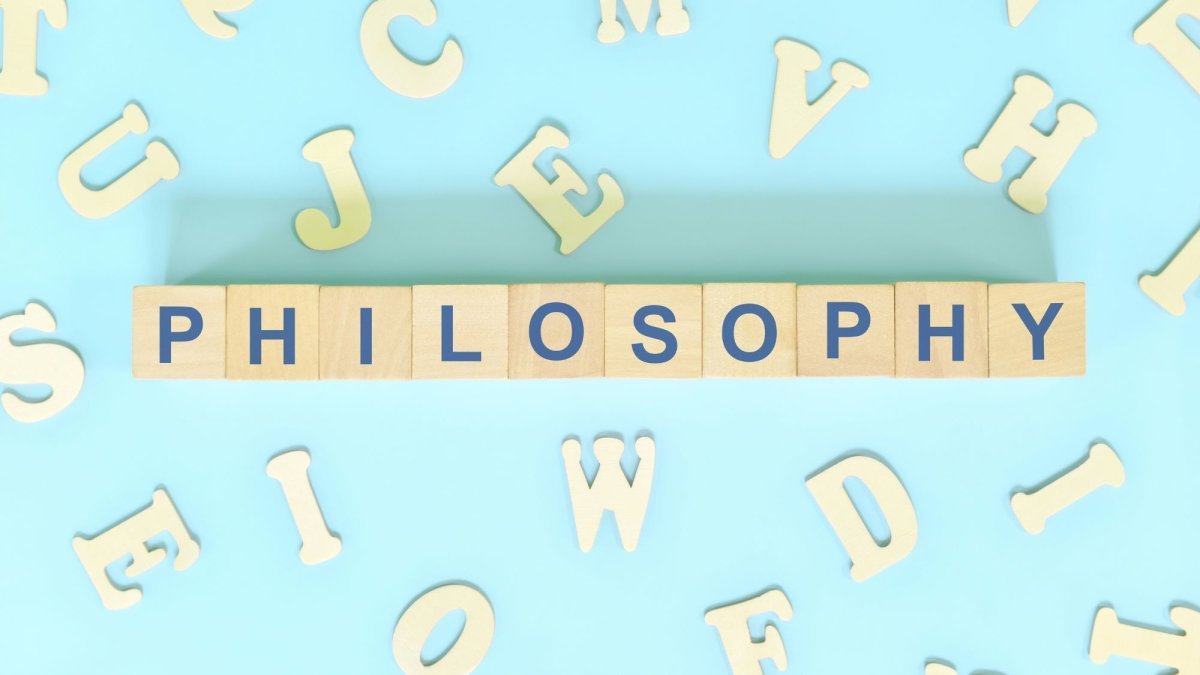Introduction: The Search for Universal Truths
Since the dawn of civilization, humans have sought answers to life’s biggest questions. Philosophy, as the love of wisdom, explores ideas that transcend time and culture—universal concepts that shape how we understand existence, morality, and reality.
In this article, we’ll examine five foundational philosophical concepts that appear across civilizations, from ancient Greece to Eastern traditions. These timeless universal truths continue to influence science, ethics, and modern thought.
1. The Nature of Truth (Absolute vs. Relative)
Is Truth Universal or Subjective?
One of philosophy’s oldest debates centers on whether truth is absolute (unchanging) or relative (dependent on perspective).
- Plato’s Allegory of the Cave suggests an ultimate reality beyond sensory perception.
- Eastern Philosophies like Buddhism teach that truth is realized through enlightenment, not just logic.
- Postmodernism argues truth is shaped by culture and power structures.
Modern Implications
- Science seeks objective truths (e.g., laws of physics).
- Media literacy debates highlight how perspective shapes “facts.”
2. The Search for Meaning (Existential Universals)
Why Do We Seek Purpose?
From Aristotle to Nietzsche, philosophers have grappled with life’s meaning—a universal human experience.
- Aristotle’s Eudaimonia: Flourishing through virtue.
- Existentialism (Sartre, Camus): We create our own meaning.
- Eastern Traditions (Taoism, Hinduism): Harmony with the cosmos.
Modern Applications
- Psychology: Viktor Frankl’s logotherapy ties meaning to mental health.
- Tech Age: Many feel existential voids despite material wealth.
3. The Golden Rule (A Universal Ethical Principle)
Shared Across Civilizations
The Golden Rule—treat others as you wish to be treated—appears in:
- Christianity, Confucianism, Ancient Egypt, and Indigenous traditions.
Why It Endures
- Evolutionary psychology: Cooperation boosts survival.
- Modern law: Human rights frameworks reflect this principle.
4. The Mind-Body Problem (Consciousness as a Universal Mystery)
Ancient to Modern Debates
- Dualism (Descartes): Mind and body are separate.
- Monism (Spinoza, Buddhism): All is interconnected.
- Neuroscience: Still can’t fully explain subjective experience.
Cross-Cultural Parallels
- Hindu Atman: Consciousness is fundamental.
- Quantum physics: Observers affect reality.
5. Impermanence (The Universal Law of Change)
Wisdom of Flux
- Heraclitus: “No man steps in the same river twice.”
- Buddhism’s Anicca: Suffering stems from clinging to permanence.
Modern Resonances
- Physics: Entropy and quantum fluctuations.
- Business: Adapt or perish (e.g., Blockbuster vs. Netflix).
Conclusion: Why These Ideas Matter Today
These five universal concepts reveal humanity’s shared intellectual heritage. In an age of polarization, they remind us that certain truths transcend time and culture.

